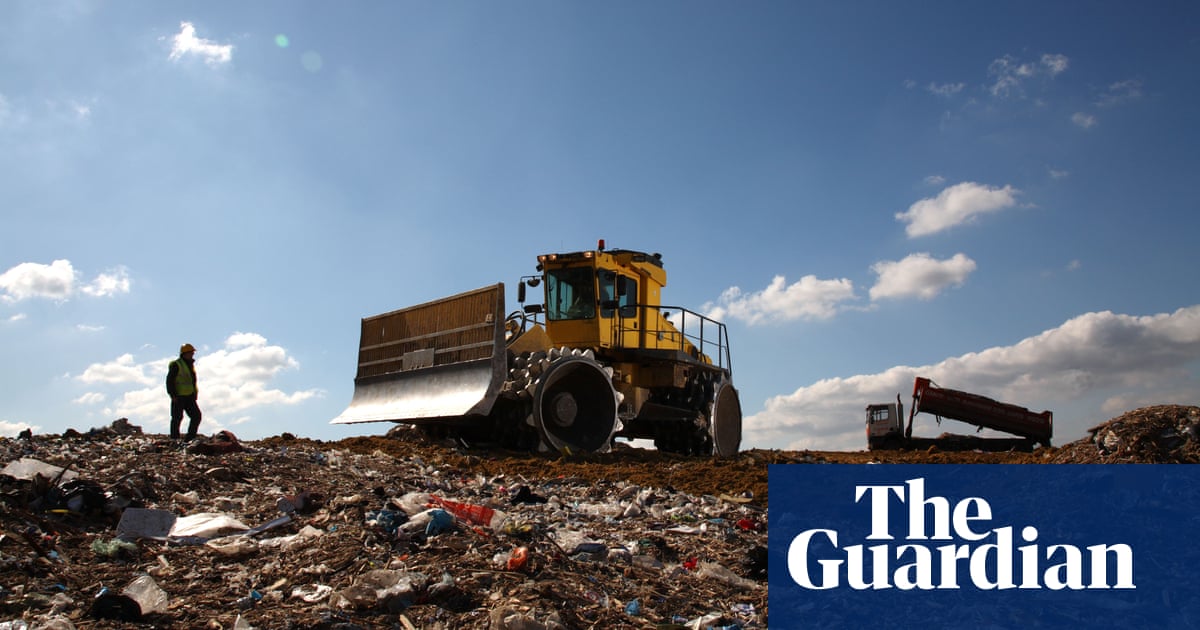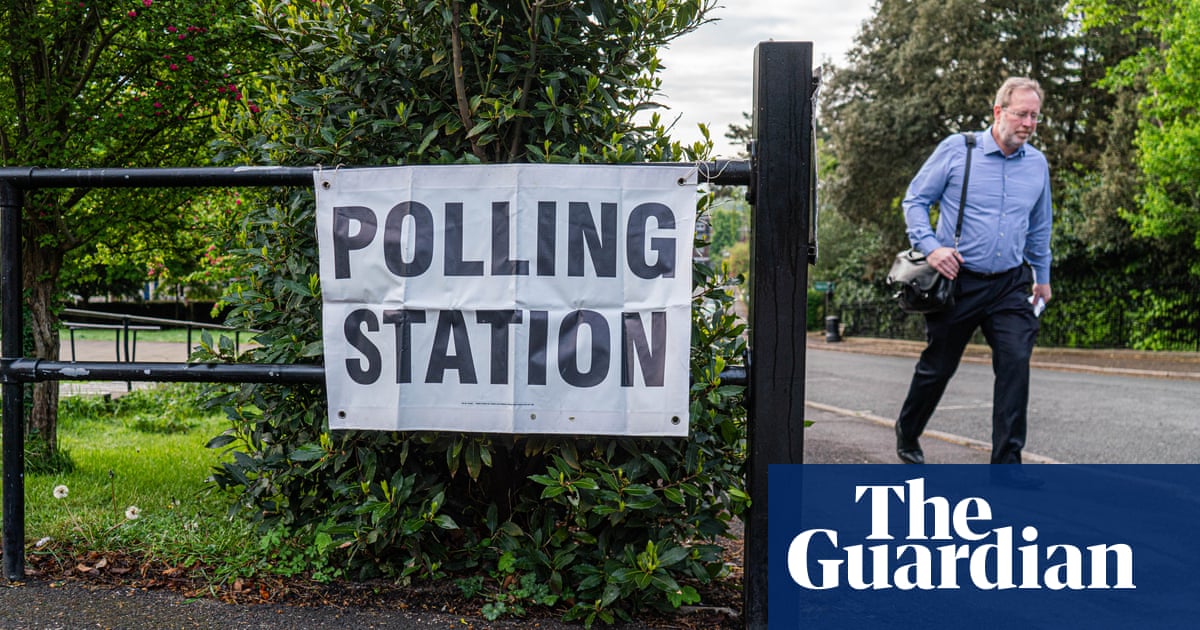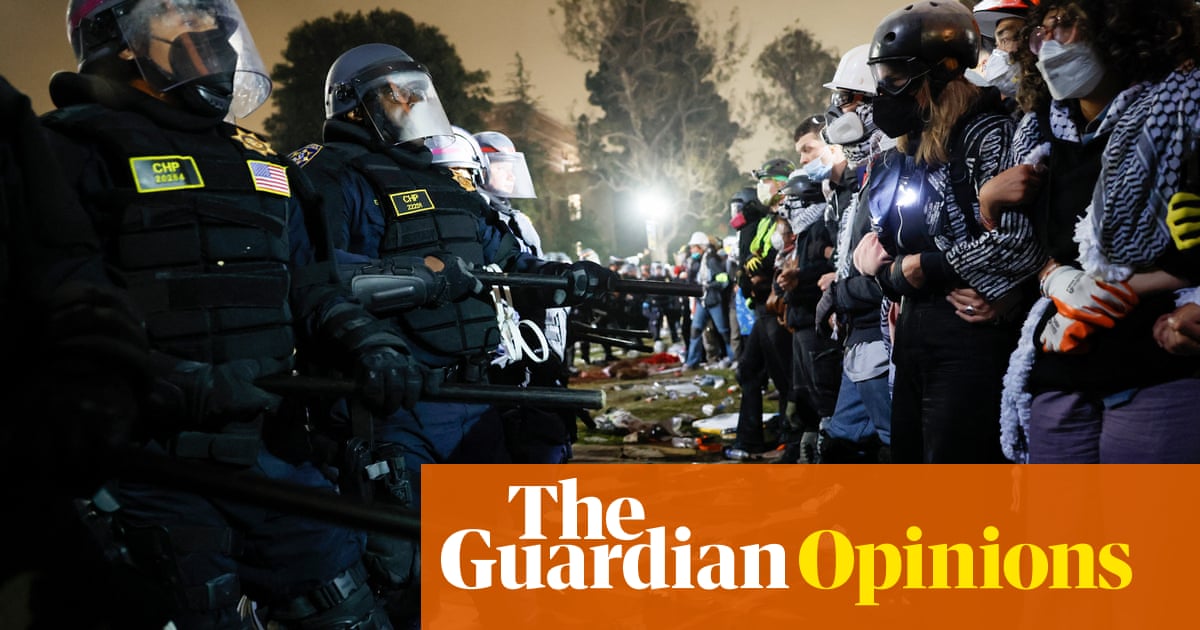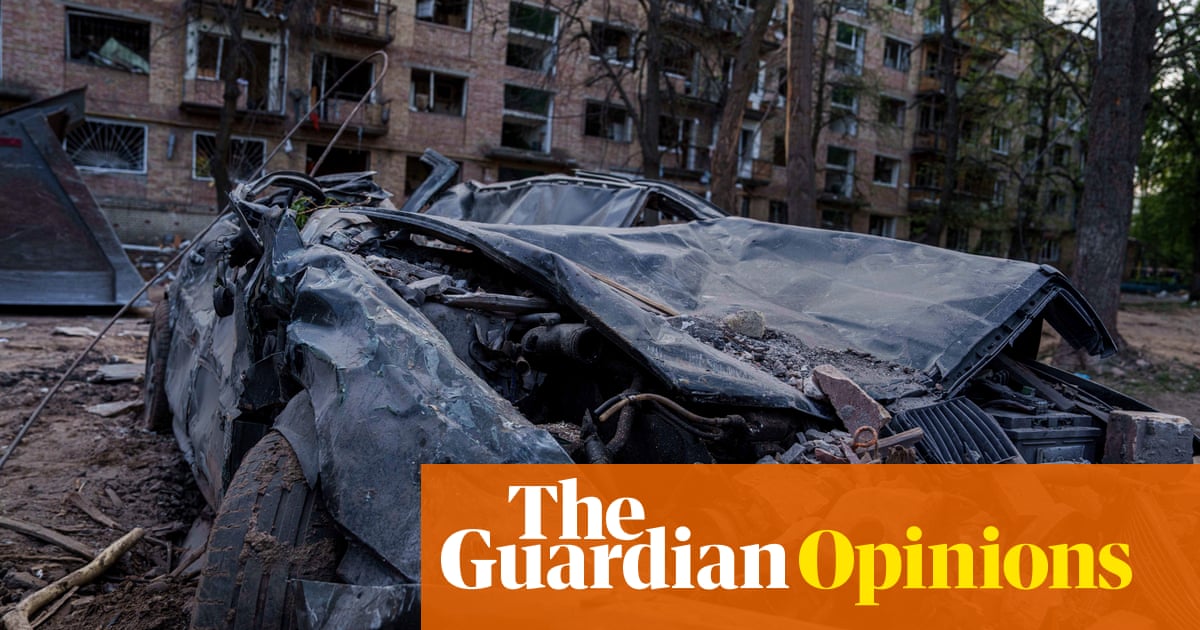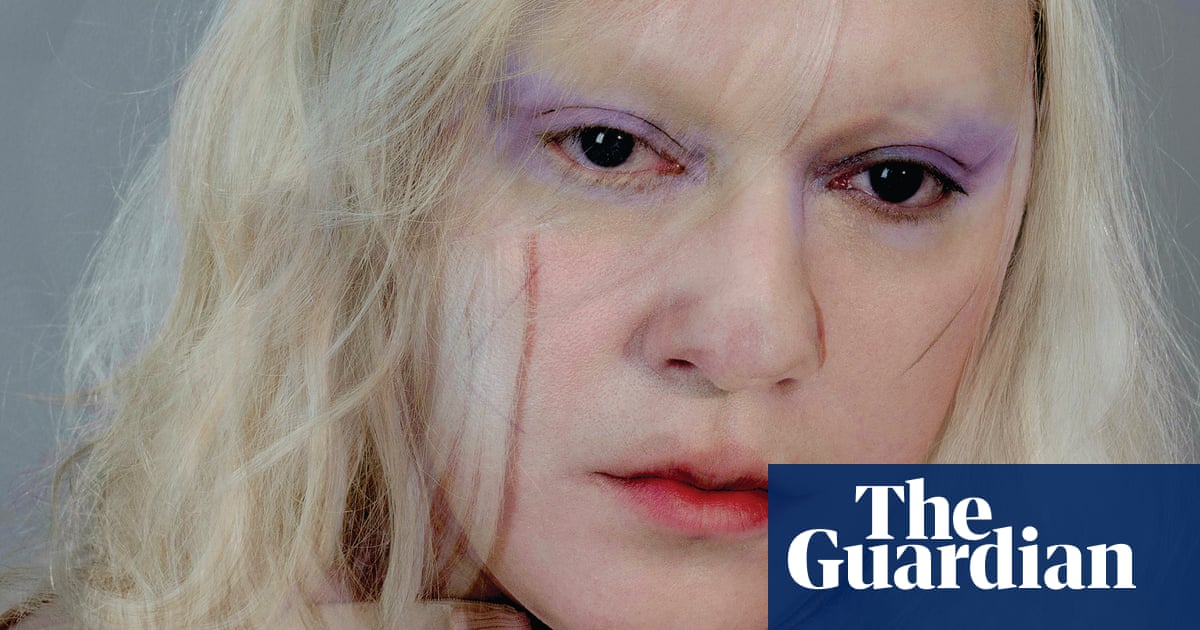‘It has taken a man of Elon Musk’s influence to drag this into the light,” claims the Reform UK MP Rupert Lowe. The US tech entrepreneur’s discovery of Britain’s grooming gangs scandal, and his tirade of derogatory tweets directed at Keir Starmer, Jess Phillips and others, has turned Musk into a supercharged hero for certain sections of the right. And in this hero worship, his acolytes are rewriting history.
Long before Musk started lobbing X-shaped bricks across the Atlantic, journalists and campaigners, often women on the left such as Julie Bindel, Anna Hall, Suzanne Moore and Samira Ahmed , had turned the spotlight on “grooming gangs” – better described as rape gangs and sex traffickers – and called out the failures of the authorities.
In 2004, Hall made Edge of the City, an investigation into Bradford grooming gangs, for Channel 4. The broadcast was delayed for three months after the BNP tried to exploit it as party propaganda and West Yorkshire’s chief constable warned of community disorder. Hall subsequently made two more films on the issue.
Bindel, a campaigner since the 1980s on violence against women, conducted the first major newspaper investigation of the issue. Published by the Sunday Times in 2007, the story told of how parents were forced to investigate grooming cases themselves because the authorities refused to do so because of racial sensitivities. Moore and Ahmed both challenged the idea that it was racist to report on these cases.
This history is important to set the record straight in the face of critics who would erase the work of those who did “drag this into the light”, people such as Matt Goodwin, the academic turned Reform ideologue, who extraordinarily claims that before 2011 “there was basically NOTHING in UK media about this”. It is important, too, because the women who exposed the grooming gangs held far more nuanced views about where race fits into the picture than many who came later, and certainly those who have scrambled on to the Musk bandwagon, for whom the issue is significant primarily as a means of demonising Muslims and justifying hostility to multiculturalism and mass immigration.
As Bindel observed last week, many on the right have “suddenly become laser-focused on the sexual abuse of girls – so long as they are white and their perpetrators are Pakistani Muslim”. Those “focused exclusively on the ethnic origin and religious affiliation of a particular set of abusers”, she added, are “not really interested in the girls at all”.
Part of the problem in this debate is that data on group-based child sexual exploitation (CSE) is shockingly poor, especially with respect to ethnicity. A report last November from Hydrant, a national policing programme on CSE, noted that, in 2023, ethnicity was recorded in only a third of group-based CSE cases in England and Wales. Of these, 83% were white and 7% Asian, including 2.7% of Pakistani heritage. The figures for the first nine months of 2024 appear to be broadly similar. This data runs counter to the current narrative, though it is difficult to assess its reliability given that in most cases ethnicity is not recorded. It’s another reason to set up a national inquiry.
There are clearly many towns, from Bradford to Telford, in which men of Pakistani heritage have been deeply invested in gangs that have tortured and raped girls. It may be that disproportionate numbers of such men are involved nationally in these crimes. Whether or not that is the case, what is undeniable is that a high proportion of grooming gangs comprise white offenders, too. Any analysis would have to account for both. Only those blinded by an obsession with race would turn this into an exercise simply targeting “Pakistanis”, or would claim that, in Robert Jenrick’s words, the problem arises from “importing hundreds of thousands of people from alien cultures”.
“Ethnicity is a factor,” Moore has written, “but there is also a shared assumption beneath the police inaction and the council workers’ negligence: all of them deemed the girls worthless.” It is “as if everyone has agreed who is worthless and who isn’t… The police, the local authority, the government, and indeed the grooming gangs.” This is a story deeply imbricated with misogyny and class prejudice – and not just for men of Pakistani heritage.
A serious case review into the treatment of young victims of trafficking and gang rape in Rochdale observed that police and social workers struggled to “empathise” with the girls because of “their background and class”, viewing their exploitation not as abuse but as a “lifestyle choice”. “It’s what they expected of our children,” one father despairingly put it.
after newsletter promotion
Perceptions of working-class people, particularly of working-class women and girls, held by those with authority, their belief that the girls were making a “lifestyle choice”, a judgment they would not have made had the victims been middle-class children, are central to this story. Yet so fixated has the right become with the question of race, and race alone, that when writers like Moore make such points, they are castigated for “minimising the racial aspect of this horror”.
In the desire to present group-based CSE as a kind of race war, non-white victims of grooming gangs get ignored. In 2013, the Muslim Women’s Network UK published Unheard Voices, a report that showed how Muslim girls were trapped, tortured and raped by men from their own communities in a fashion that, as Alexis Jay’s Rotherham inquiry acknowledged, “mirrors the abuse” faced by white girls in the town. Indeed, Unheard Voices suggested that predators view “Asian girls… as a ‘less risky’ option” because “they were unlikely to seek help or report their abuse due to ‘shame’ and ‘dishonour’”. Yet, this issue has been ignored because it does not fit into the narrative of Asian perpetrator/white victim that many want to push.
The abuse, torture and rape of working-class girls by gangs of men, many of whom were of Pakistani heritage, was, and continues to be, an ineffable horror. The failure of the authorities to listen to the girls, let alone protect them, and the reluctance to act against the perpetrators is a scandal and a betrayal. But to pose it purely in racial terms, to transform it into an exercise fostering hatred, to turn the girls’ pain into a weapon to pursue particular reactionary causes: that, too, is a betrayal.

.png) 3 months ago
34
3 months ago
34





